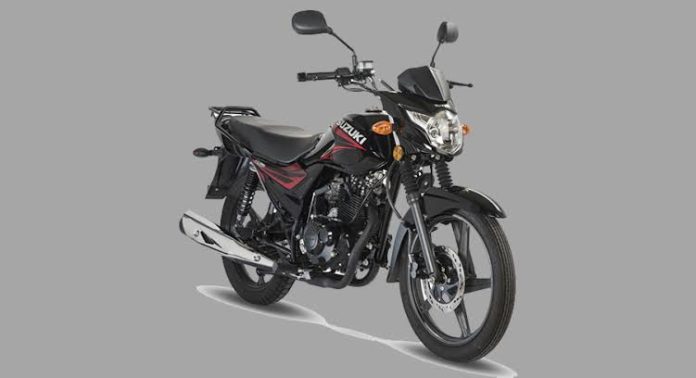In response to new taxation measures introduced in the Federal Budget 2025-26, Pak Suzuki Motor Company (PSMC) has officially revised the retail prices of its entire motorcycle lineup, effective July 1, 2025. The price hike follows the government’s implementation of the New Energy Vehicle (NEV) Levy, which now applies to all internal combustion engine vehicles, including motorcycles.
The announcement was made via a formal notification sent to authorized dealers, where PSMC expressed appreciation for their continued efforts in driving the brand’s sales and service standards. The company also clarified that the updated prices include ex-factory product costs and freight charges for delivery to dealerships.
Revised Prices for Pak Suzuki Motorcycles
The revised retail prices are as follows:
GD110S – Rs 362,600
GS150 – Rs 392,900
GSX125 – Rs 504,900
GR150 – Rs 552,900
INAZUMA GW250JP – Rs 1,252,400
These increases reflect the added financial burden resulting from the newly imposed NEV levy, which has significantly impacted the pricing landscape for traditional fuel-powered vehicles in Pakistan.
NEV Levy Drives Price Surge Across Auto Sector
The NEV levy, introduced through the Finance Act 2025, came into force on July 1 and affects all internal combustion engine (ICE) vehicles—from entry-level motorcycles to high-end SUVs. The policy is part of the government’s broader effort to promote cleaner and greener transportation alternatives, including electric and hybrid vehicles.
Importantly, the NEV levy does not apply to:
New energy vehicles (electric and hybrid)
Vehicles manufactured exclusively for export
Diplomatic and international organisation vehicles with exemptions
Industry analysts note that the new tax is expected to shift consumer preferences toward electric alternatives, particularly as prices for conventional motorcycles and vehicles continue to climb.
Industry-Wide Impact
Pak Suzuki’s pricing update follows similar moves by other manufacturers. Just days earlier, Atlas Honda—which holds a dominant share of the motorcycle market—also raised prices by Rs2,000 to Rs6,000 per unit in response to the same fiscal measures.
The increase in motorcycle prices comes at a time when affordability is already a concern for the average consumer, raising fresh challenges for the automotive and two-wheeler markets.
A Push Toward Cleaner Transport
With the introduction of the NEV levy, the government aims to accelerate the transition to environmentally friendly transport solutions. While this may create short-term financial pressure for manufacturers and consumers alike, officials argue that it is a necessary step toward reducing emissions, importing less fuel, and building a more sustainable future.
As the policy framework evolves, both industry players and consumers will need to adapt to the new normal, with electric vehicles expected to gain further traction in the years ahead.


